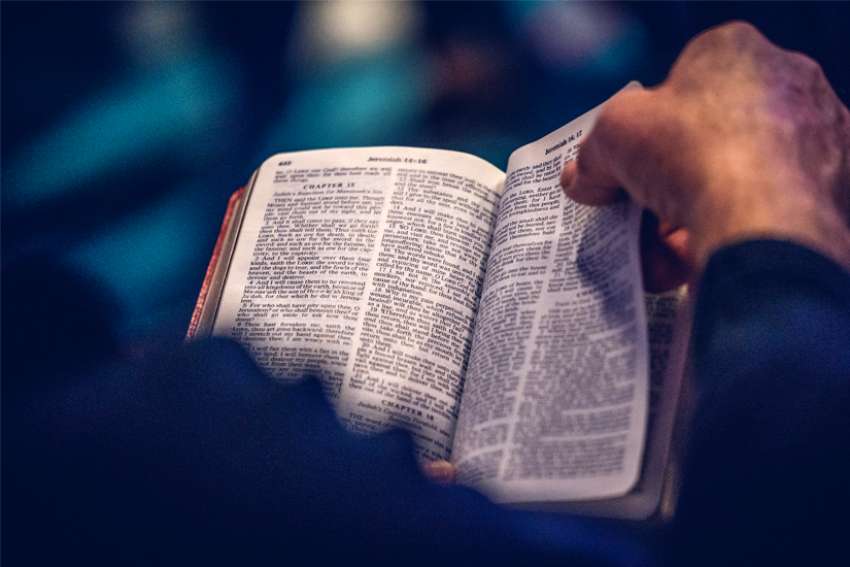Isaiah tells us that when the word goes forth from God, it does not return until it has accomplished that for which it was sent. Sometimes that is a very long time, even spanning centuries.
The divine timetable is very different from human expectations. Prophecies will blossom and bear fruit in new venues as they address the needs of a particular period of history.
Micah prophesied about events in the mid-eighth century B.C. As is always the case with prophetic texts, Micah’s prophecy warns of an impending threat from an aggressive and bullying superpower. In this case, the villain was the empire of Assyria and the killing-machine armies they used to crush other nations.
The northern kingdom of Israel, situated in Samaria, was in the process of being devoured by the Assyrian army. This kingdom ceased to exist in 722 B.C., and in Judah, Jerusalem itself was also in danger.
No one had the strength or ability to stand up to the Assyrians. Micah prophesied that tiny Bethlehem would produce a leader capable of shepherding and protecting the people. Bethlehem was, of course, the birthplace of King David, so this individual would be in line with the messianic promises.
In its original context, Micah was talking about events of his time — the eighth century B.C. — and not about Jesus of Nazareth hundreds of years later. His purpose was to encourage the people of his time and assure them of God’s abiding presence.
But in every age, prophetic passages from Scripture are used to interpret the events of that time. It was given new life by Matthew in his telling of the story of Christ’s birth and the efforts of Herod to kill him.
Was it wrong or dishonest to apply a prophecy that was so distant in time and context to the birth of Jesus? Not at all — God-inspired prophecies are never depleted or used up by more than one application or interpretation. They are bottomless and enduring and can find new life in many times and places.
The Scriptures are not mere words on a page, but ideas, principles, images and symbols that are alive and charged with energy. They will continue their work until the end of time.
How do these stirring prophecies shed light on our own time and what meaning do they have for us?
God is not interested in sacrifices, offerings and liturgies, especially when they are used in an attempt to bribe or manipulate God. Humans can be very busy doing many things in hopes that they will please God, while blithely ignoring what God has asked them to do. The only acceptable sacrifice is that of the will in the form of ego or self.
If we can relinquish our selfishness, our personal agendas and our mania for control, we will be free to do the will of God. Placing our will on the altar of God is the greatest offering we can make, but it is the last thing that many want to do.
The encounter between Mary and Elizabeth was charged with meaning. The baby leapt in Elizabeth’s womb in recognition of the presence of the long-promised Messiah and author of life in the womb of Mary.
The many prophecies and events throughout Israel’s history were now converging on this birth. This was given added emphasis by Elizabeth’s greeting, “Blessed are you among women.”
There were two other instances of this honorific acclamation in Scripture, described in Judges 5:24 and Judith 13:18. They celebrated women whose courageous and selfless heroism saved the people. Mary was going to continue that heroic tradition with her own sacrifice of self and obedience to the divine will.
Elizabeth’s ecstatic praise of Mary focuses on the most important element of Mary’s openness to God: She believed in the fulfilment of what God had told her. This is an echo of Abraham’s faith, who believed God’s promises and providence and patterned his life on them.
Mary was above all a woman of deep and abiding faith. Genuine faith in God is not assent to a philosophical or theological concept, but a complete ordering of one’s life on the word and will of God. The deep faith of committed and faithful individuals forms the foundation of God’s kingdom.


